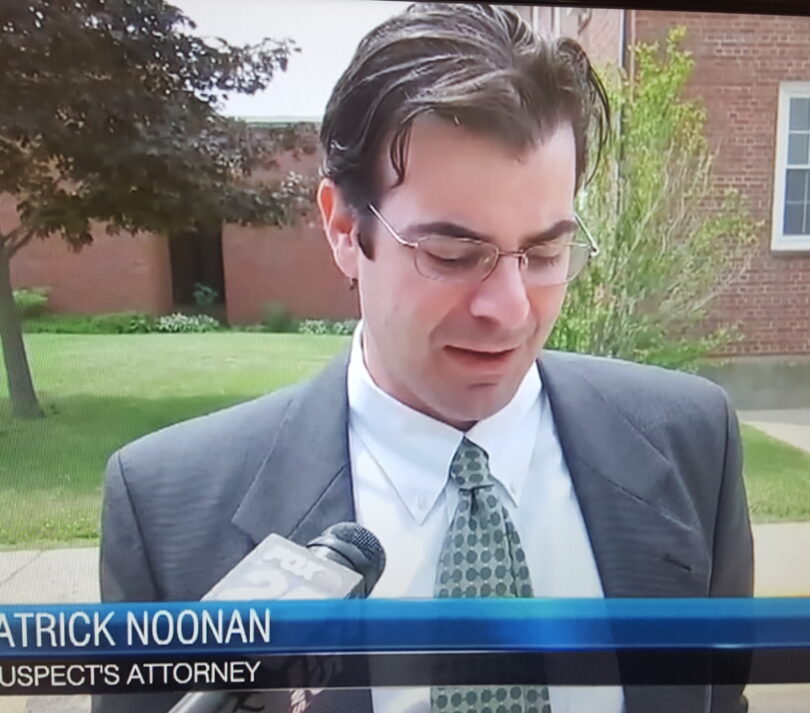Nursing Home Dehydration
Was your loved one a victim of elder abuse or nursing home neglect? Before you say no, read this.
When people think of nursing home or elder abuse, they often think of physical abuse such as nursing home staff hitting or otherwise physically harming a patient. However, that is not always the case. Sometimes, nursing home abuse and neglect can manifest itself in other ways, one of those being dehydration. Dehydration was third most common complaint in a sample of nursing homes in early 2000.
What is Dehydration?
According to the Mayo Clinic, dehydration occurs when your body is using or losing more water than it is taking in. Your body requires a certain amount of water and other fluids to function properly, so a loss of these fluids without replacing them will result in dehydration. As people get older, they will naturally have a lower amount of water in their bodies, which can be exacerbated by certain medical conditions or medications that can impact the body’s fluid levels. In older adults, even minor illnesses that affect the lungs, bladder, or other organs can lead to a significant drop in bodily fluids and quickly lead to dehydration. When dehydration is detected quickly, it can often be reversed by taking in additional fluid. However, when dehydration persists and is allowed to become severe, it will require emergency medical attention.
While somewhat dated, the 1996 National Hospital Discharge Survey showed that 208,000 patients aged 65 years or older were discharged from short-stay hospitalizations with a primary diagnosis of dehydration. Though strict guidelines regulate nursing home facilities and require them to meet patient needs such as proper hydration, conditions have not improved much. According to The Commonwealth Fund, some studies indicate that as many as 85% of nursing home residents may suffer from some form of dehydration or malnutrition.
What Complications Can Dehydration Cause?
On its own, dehydration is bad enough, but it can become deadly in some situations. Dehydration is known to cause severe complications, including:
- Kidney Failure;
- Coma; and
- Electrolyte imbalances.
These conditions can cause severe complications in healthy patients, and may have devastating effects on elderly patients experiencing other medical issues. These complications can be especially serious when they are not noticed and attended to in a timely fashion, and may even lead to death.
When Might a Nursing Home be Liable for Dehydration?
Proper hydration is important for everyone, and there are medical procedures that can be conducted to ensure that individuals are properly hydrated. Creating a personal care plan for nursing home patients is essential to address their individual medical needs, and can help avoid dehydration in patients that are especially susceptible to it. If a nursing home has not adequately cared for a patient and dehydration has resulted, including complications related to that dehydration, the nursing home facility may be liable.
Did your loved one suffer from dehydration as a result of elder abuse or nursing home neglect? Our lawyers can help.
It is important to work with a personal injury attorney to investigate the circumstances surrounding dehydration to determine if the nursing home has any liability. If your loved one has suffered dehydration or related complications, contact our law offices today for a consultation, where you can find out more information about whether or not the nursing home facility might be liable for compensation.
Our experienced team of personal injury lawyers can help evaluate the circumstances of an injury to help you determine if compensation might be available to you.



